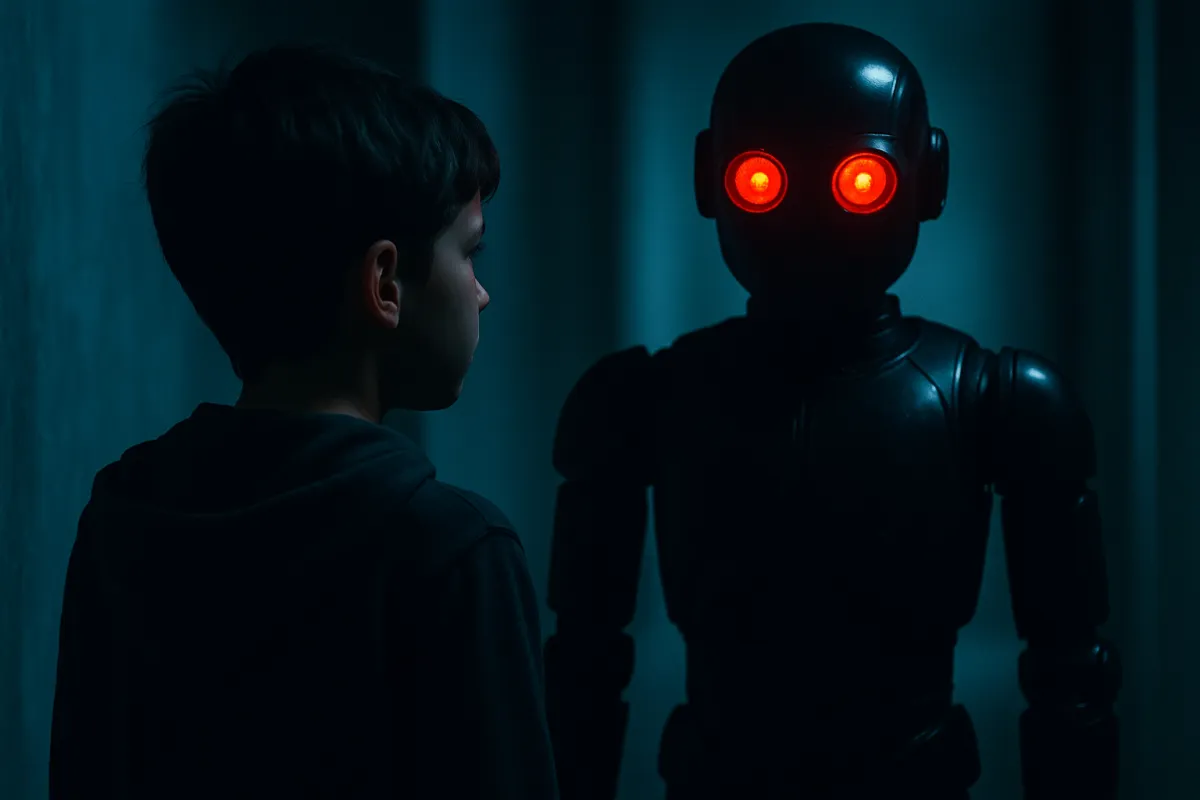
AI and the Boogieman: Why Society’s Biggest Fear About AI Is Misplaced
There’s a growing belief circulating everywhere, from headlines to group chats:
If people use AI too much, we’re going to lose our ability to think.
It’s a fear that resonates. New technology often feels like something lurking in the dark, ready to dull our minds or weaken our creativity.
But if we assume AI will automatically make us less thoughtful, then we’re misunderstanding what AI actually is.
And yes—responsible use matters. We absolutely need digital wisdom and healthy boundaries.
But AI isn’t a trapdoor through which critical thinking disappears. Used wisely, it can actually strengthen our ability to think deeply and question more boldly than before.
AI, when handled intentionally, has the capacity to sharpen critical thinking, not erase it.
AI as a Thought Partner, Not a Threat
AI’s most interesting potential shows up when we treat it as a collaborator rather than a shortcut.
It doesn’t think for us. It invites us to think with more clarity.
Here’s how that plays out:
Questioning AI’s Answers: AI can generate responses, but we’re the ones who have to ask: Is this right? Does it make sense? Should I trust it? That’s critical thinking in action.
Exploring Multiple Angles: AI can drop new perspectives into a conversation, ones we may never have considered on our own, pushing us to see issues in a fuller, more nuanced way.
Iterating and Improving: When AI helps us refine ideas, we’re evaluating, comparing, adjusting.
We’re not shutting down our minds, we’re activating them.
AI doesn’t erase the need for judgment; it actually demands more of it.
A Cultural Moment to Rethink Fear
Our society has a pattern: when something new arrives, our first instinct is to brace ourselves.
Fear says: “Shut this down.” “Keep it out.” “It’s dangerous.”
But fear rarely leads us toward growth.
Fear makes us freeze at the very moment we’re being invited to evolve.
Instead, we have an opportunity to take a human-centered approach, one that keeps our creativity, agency, ethics, and discernment front and center, even as we embrace new tools.
Learning to use AI thoughtfully isn’t a sign that society is weakening. It’s a sign that we’re preparing ourselves for the future we’re already living in.
Critical thinking hasn’t disappeared. We’re simply developing new ways to practice it, with more complexity, more questions, and more awareness.
Let’s not shrink this moment down to fear.
AI isn’t the boogeyman. The real threat is clinging so tightly to the past that we miss what the future is offering us.
Let’s step forward with clear eyes and open hands, committed to using AI in ways that make us more thoughtful, more curious, and more deeply human.
Sarah Gibson is a professor, AI strategist, and Editor-in-Chief of the Journal of Human-Centered AI: Creativity & Practice. She helps people move from fear to flourishing through practical, ethical AI adoption. She teaches and speaks nationally on human-centered responsible AI, AI readiness, and the post-AI classroom.
Image generated by ChatGPT.